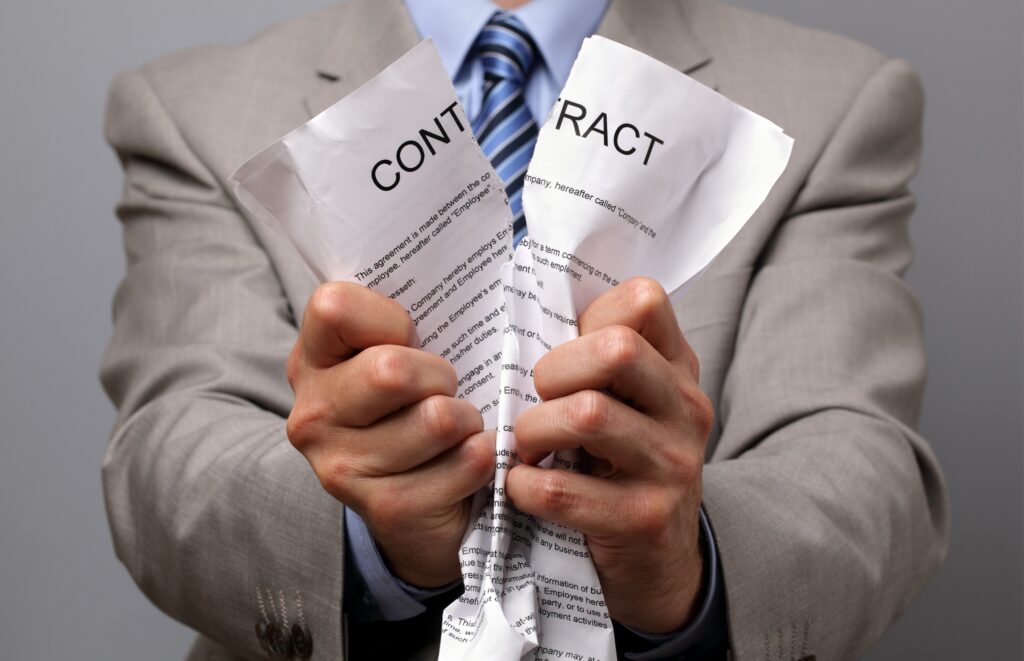Sherlock Holmes and the case of the broken copyright law
Arthur Conan Doyle’s famous fictional detective Sherlock Holmes is fond of saying that one must never alter facts to suit theories, instead of theories to suit facts. Given this, Holmes might have had quite a few problems with the lawsuit involving the Conan Doyle Estate that was resolved this June.
The case originated with an author named Leslie Klinger, who wanted to publish his own book of Holmes stories, and involved a dispute over whether the Holmes character had, in fact, entered the public domain or whether the Conan Doyle Estate could still claim rights to the character.
As far as twisting facts to suit theories, the Conan Doyle Estate practically taught a master class in the business. The Hollywood Reporter describes their argument and the reception it received:
On appeal, the Doyle camp attempted to raise an argument that had been unsuccessful at the district court: that Sherlock Holmes is a ‘complex’ character, that his background and attributes had been created over time, and that to deny copyright on the whole Sherlock Holmes character would be tantamount to giving the famous detective ‘multiple personalities.’
On Monday, after dispensing with the Doyle estate’s other argument that the controversy wasn’t ripe enough to be adjudicated, 7th Circuit Judge Richard Posner rejected that assessment. ‘We cannot find any basis in statute or case law for extending a copyright beyond its expiration,’ writes Judge Posner. ‘When a story falls into the public domain, story elements — including characters covered by the expired copyright — become fair game for follow-on authors, as held in Silverman v. CBS Inc.’
Judge Posner explicitly cited the example of William Shakespeare, who famously adapted stories taken from other sources (“The Tempest” is Shakespeare’s only completely original work), and defended the idea that allowing multiple interpretations of stories/characters will also encourage creativity. Posner handed the decision of which interpretation of a given character is truly the best to the market. He steadfastly refused to treat the Conan Doyle Estate’s request as anything but what it truly is – an appeal for nearly perpetual copyright. Under their theory of the law, Holmes would be under copyright for no less than 135 years.
It is fortunate that Judge Posner saw through the Doyle family’s attempt to keep a character whose legacy they have been profiting from for more than a century (while mostly allowing the character himself to languish, unused) under proverbial lock and key. What is less fortunate is that so many other powerful actors in American politics seem to want a similar degree of punitive power. The Walt Disney Corp., for instance, lobbies frantically to keep the cartoon “Steamboat Willy” (the first cartoon featuring Mickey Mouse) out of the public domain, presumably out of fear of losing creative control of their treasured mascot.
Make no mistake, there is a role for copyright to play in creative works. However, the current regime serves neither the artists it is supposed to protect nor the entrepreneurs who live in fear of lawsuits. Rather, the system is, at best, an outdated relic of the pre-digital age. At worst, it is a system rigged solely to benefit middlemen with influential lobbyists, instead of producing an environment where the creative can be assured control of their work, but the innovative can also be assured of the freedom to build on others’ achievements.
One of the more silly loopholes to survive to the modern day in copyright law is the fact that terrestrial radio stations are not required to pay royalties to the artists whose work they play. The theory underlying this exemption originally was that terrestrial radio stations were a form of free advertising, which was doubtlessly true at a time when radio was the primary means of exposure to new music. These days, this standard serves only to allow broadcasters to profit off others’ work. What’s more, broadcasters themselves seem aware that this “free advertising” logic is silly, given that they reject it when used as a rationale to lower their retransmission consent fees. If radio stations can only survive by freeloading off others’ creativity, their business model needs to change.
Moreover, it’s absurd that it took Rep. George Holding’s introduction of the RESPECT Act to call attention to the fact that artists who are still alive, such as Aretha Franklin, aren’t entitled to copyright on works of theirs performed prior to 1972. Even the most staunch opponent of copyright would probably agree that an icon like Franklin deserves to profit from all her contributions to the arts, and that simply cutting off protection at a certain year is arbitrary and silly.
So we have a system that, on the one hand, protects the obsolete business models of broadcasters at the expense of artists. What about the other side? Here, abuses abound.
To begin with, copyright damages desperately need to be reformed. Consider this alarming paragraph from a San Francisco Chronicle article in 2010:
Did you ever imagine you could be held liable for copyright infringement for storing your music collection on your hard drive, downloading photos from the Internet or forwarding news articles to your friends?
If you did not get the copyright owner’s permission for these actions, you could be violating the law. It sounds absurd, but copyright owners have the right to control reproductions of their works and claim statutory damages even when a use does not harm the market for their works.
Besides these absurd restrictions on entirely harmless activities, the actual amount of money applied in damages for copyright lawsuits can reach blasphemous proportions. One file sharer was ordered to pay $2 million for illegally downloading 24 songs. That’s higher than many wrongful death lawsuits.
The problem here is simple: on this point, copyright law hasn’t been updated since the 1960s, when infringement was usually for widescale commercial purposes. In the same way that treating terrestrial radio as “free advertising” harkens back to a mindset from that era, treating piracy as anything but free advertising is economically and technologically backwards, at least for the music industry. According to a study from the BI Norwegian School of Management, pirates are 10 times more likely to buy music digitally. Another study by Columbia University found that peer-to-peer users purchase 30 percent more music than non-filesharers.
At least some actors within the entertainment industry seem to recognize this, which is why the creators of “Game of Thrones” rightfully responded to news their show is the most pirated on the Internet by being flattered.
Who benefits from these backward rules? Only industries with a pathological aversion to change, such as the film industry, which despite its constant alarmist rhetoric about piracy, is doing quite well, a couple bad summers notwithstanding. That industry’s reaction to the VCR, as well as its support of the totalitarian SOPA/PIPA legislation, should have shown the lengths to which it will go in order to avoid having to adapt. But in a world where freer copyright law gives us Shakespeare, and modern copyright law gives us Transformers 2, there is little doubt from whence the better art comes.
Some language in the final paragraph of this post was altered to reflect the film industry’s recent global financial performance.






